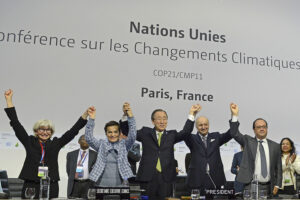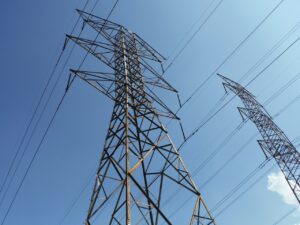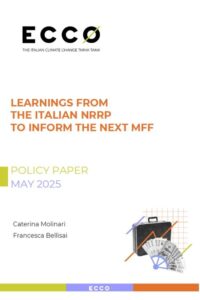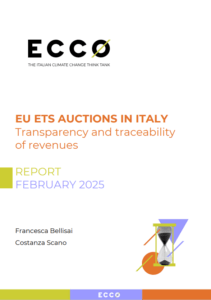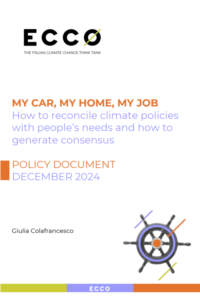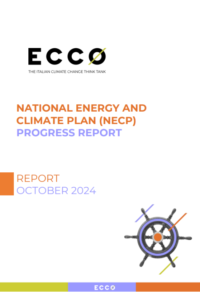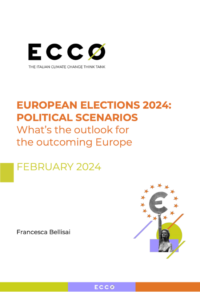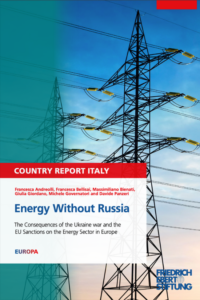Francesca Bellisai is a Policy Advisor EU Politics and Governance at ECCO.
Francesca has been working on EU and Italian climate policies at ECCO for four years, writing analyses on climate legislation and political dynamics. She specialises in Italian and EU climate governance.
Francesca has been working on climate since 2019, first at the Commission for the Environment, Climate Change and Energy of the European Committee of the Regions in Brussels, and later at Aequilibria s.r.l, a company specialising in carbon management consultancy.
After a Bachelor’s degree in Political Sciences, International Relations and Government of Administration, at the University of Padua and a semester at Sciences Po Bordeaux, she obtained a Master’s Degree in EU’s External Relations focusing on climate policies at KU Leuven in Belgium. To complete her studies in Italy, she also graduated in European and Global Studies at the University of Padua.





